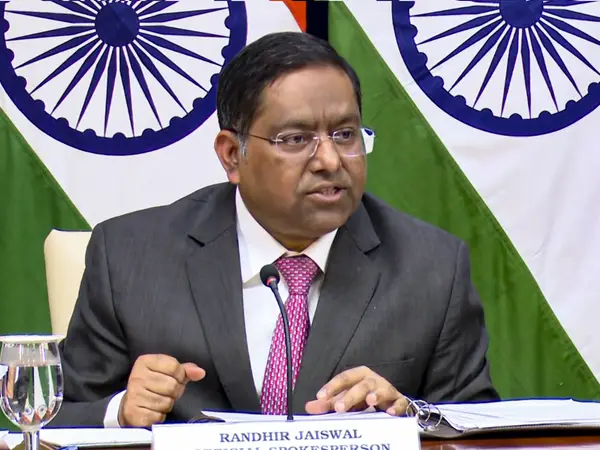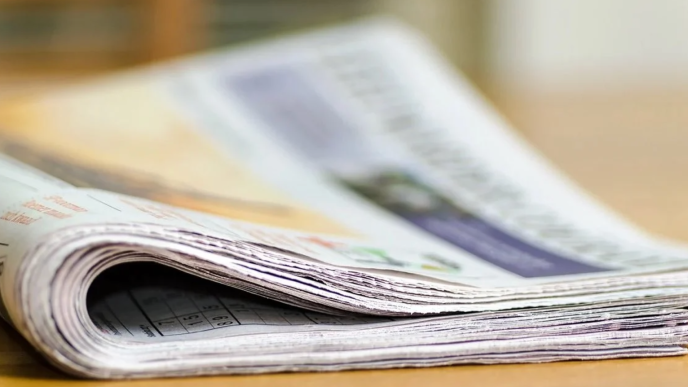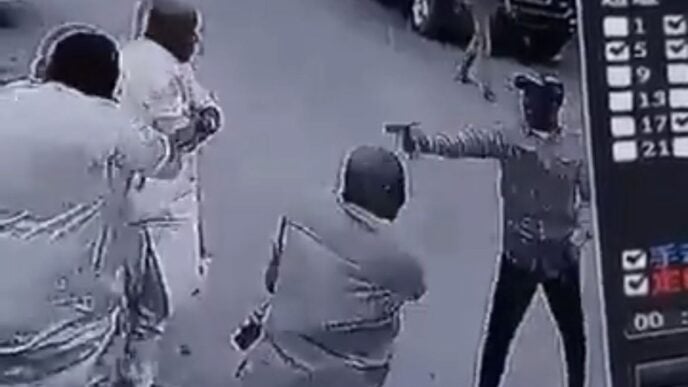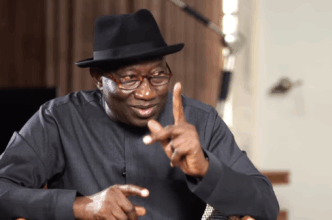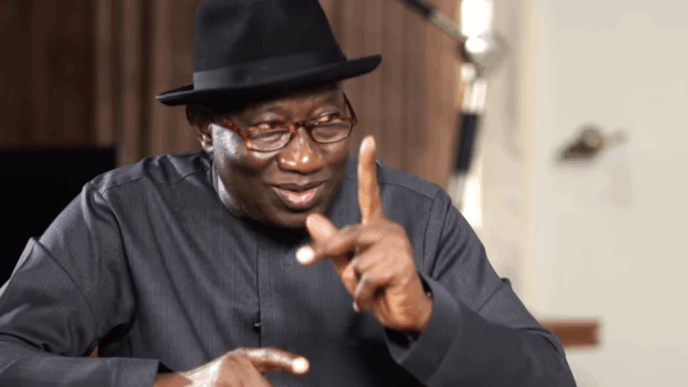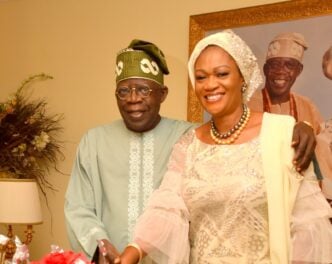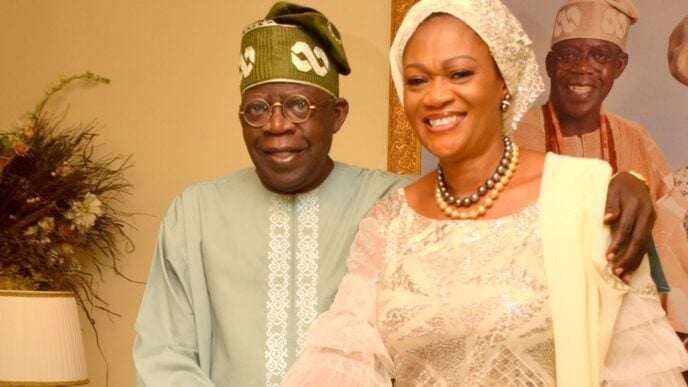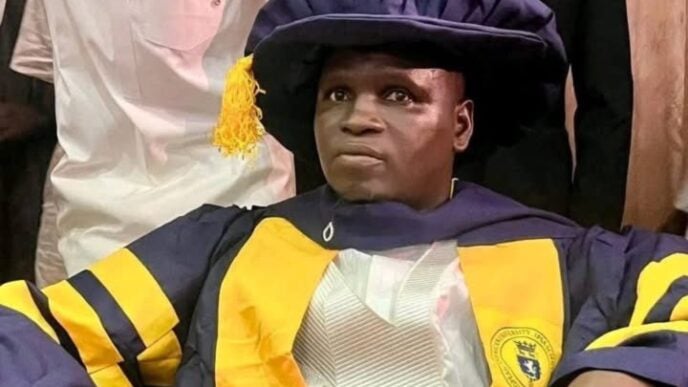Randhir Jaiswal, spokesperson, ministry of external affairs, India
India’s ministry of external affairs says it is studying the implications of the US H-1B visa hike, noting that the move could affect skilled talent mobility, innovation, and families.
President Donald Trump, on Friday, signed a proclamation imposing an annual $100,000 fee on H-1B visa applications.
The H-1B visa allows US companies to employ foreign workers in speciality occupations, with Indians forming one of the largest beneficiary groups.
The visa, which currently costs employers around $1,500 in administrative fees, is valid for three to six years.
Advertisement
India made up most of the beneficiary of H-1B visas in 2024, accounting for 71 percent of approved beneficiaries.
In a statement issued on Saturday, Randhir Jaiswal, official spokesperson for the external affairs ministry, said the Indian industry had already carried out an initial analysis of the reported measures, clarifying some perceptions about the programme.
It added that industries in both countries, which rely on innovation and creativity, are expected to consult on the best way forward.
Advertisement
“The mobility and exchange of skilled talent have contributed enormously to technology development, innovation, economic growth, competitiveness, and wealth creation in both the United States and India,” the statement reads.
The Indian government stressed that policymakers would need to consider the mutual benefits of the H-1B programme, particularly the strong people-to-people ties between the two nations.
It also highlighted potential humanitarian concerns, warning that families could face disruptions if the new restrictions are enforced.
“This measure is likely to have humanitarian consequences by way of the disruption caused for families. Government hopes that these disruptions can be addressed suitably by the US authorities,” Jaiswal said.
Advertisement

